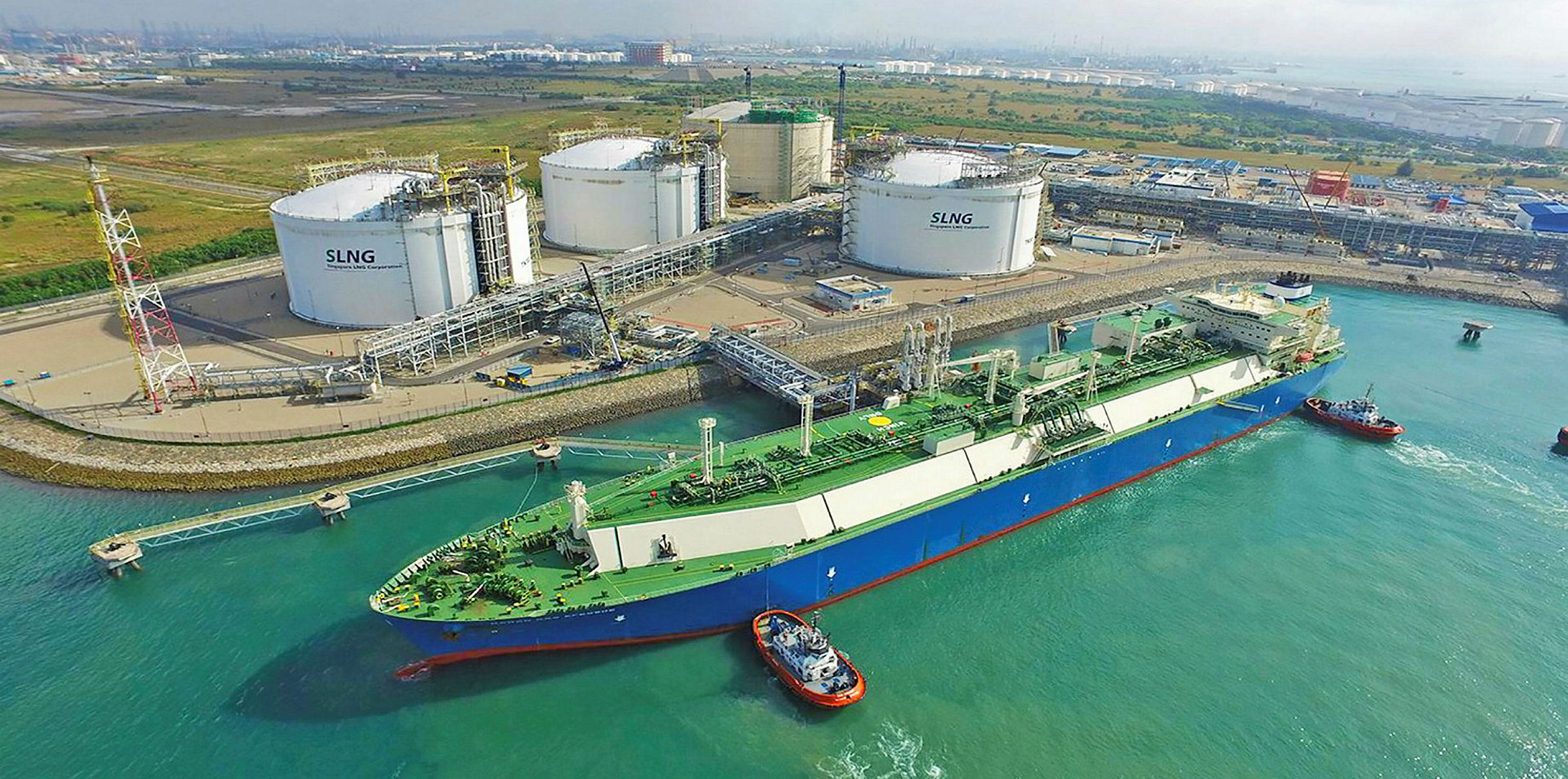RIO DE JANEIRO, BRAZIL – Energy is a scarce and, therefore, costly commodity. It is not available in all countries in equal quantity and quality and requires significant investment to produce, transport, and distribute. At the same time, it is indispensable for the life and development of people, who need to be supplied with it reliably and safely.
This dilemma, which seems obvious and is sometimes overlooked in the debate, should guide the state and the market’s responses to guarantee access intelligently.
Each country has various internal and external sources of supply to meet its demand. If it has its resources, it will seek to develop them. If they are not available in sufficient quantity, it will evaluate the best options to access them at the best cost and with the least possible environmental impact.

As the world moves towards renewable energies, it faces the transition by replacing liquid fuels, which are more expensive and polluting, with LNG. This is being done in developed countries, such as the United States, Israel, and the United Arab Emirates, and developing countries like Brazil and Argentina.
Regardless of whether they are producing nations, LNG is consolidating its position in the world as the fuel of the transition.
However, demand is not always stable: in winter and summer, countries experience consumption peaks and more and more extreme weather events (droughts, extreme cold, or heat), which considerably increase energy needs.
In countries where prices are deregulated, the lack of complementary sources of supply can result in unaffordable tariffs for the population, as was the case last winter in Spain and Texas, USA.
For this reason, more and more countries require flexible energy supply services, available as a system guarantee and as a tool for immediate supply when demand spikes.
These services, such as floating regasification terminals, significantly reduce supply cuts and limit excessive price increases. Argentina has been using them successfully since 2008.
Since then, regasification ships have enabled savings of more than US$13 billion by replacing more expensive and polluting alternatives such as diesel or fuel oil with LNG. LNG exporting countries such as the United States, Egypt, and the Arab Emirates import LNG, as does Argentina, to cover their consumption peaks.
And now, in a historical event, Brazil has just awarded for the first time an LNG import terminal to private capital in the State of Bahia to Excelerate Energy, starting to supply regasified LNG from December 2021.
This step will allow South America’s two leading economies to have a stable and reliable flow of natural gas, a fundamental tool to underpin the productive development of their economies.
Solutions are just that: solutions. Taking the best available one at the right time will result in concrete benefits for those who do so. More and more countries worldwide are adopting this flexible and intelligent approach and gaining competitiveness and predictability.

